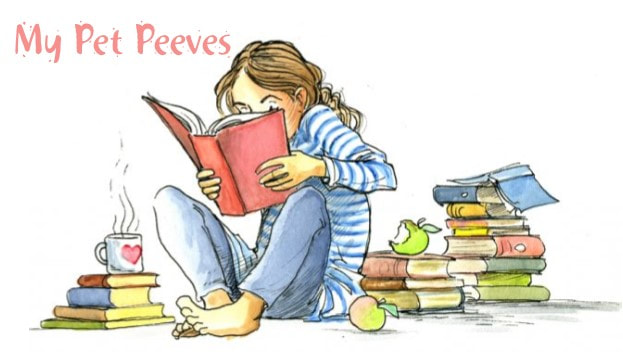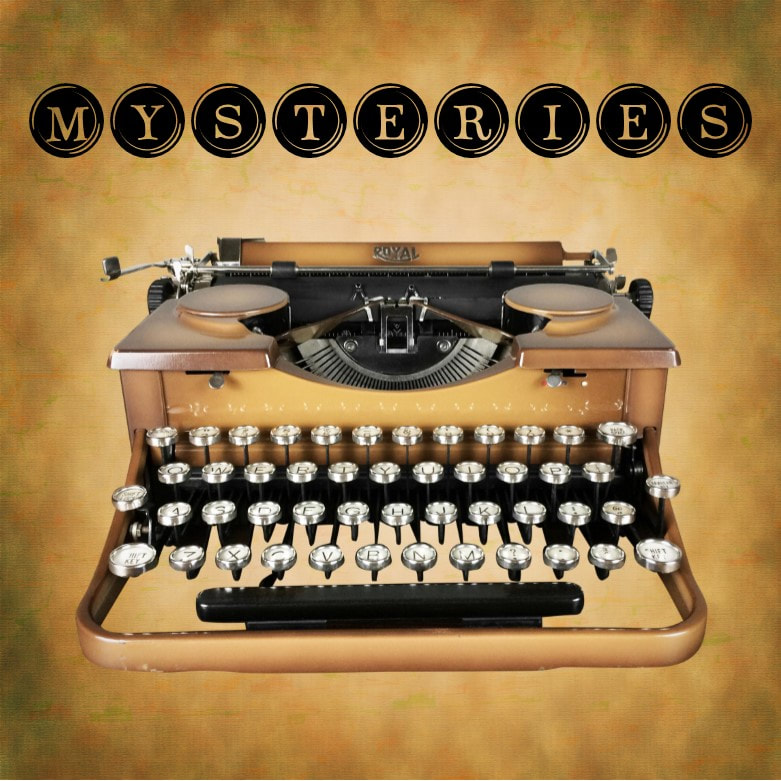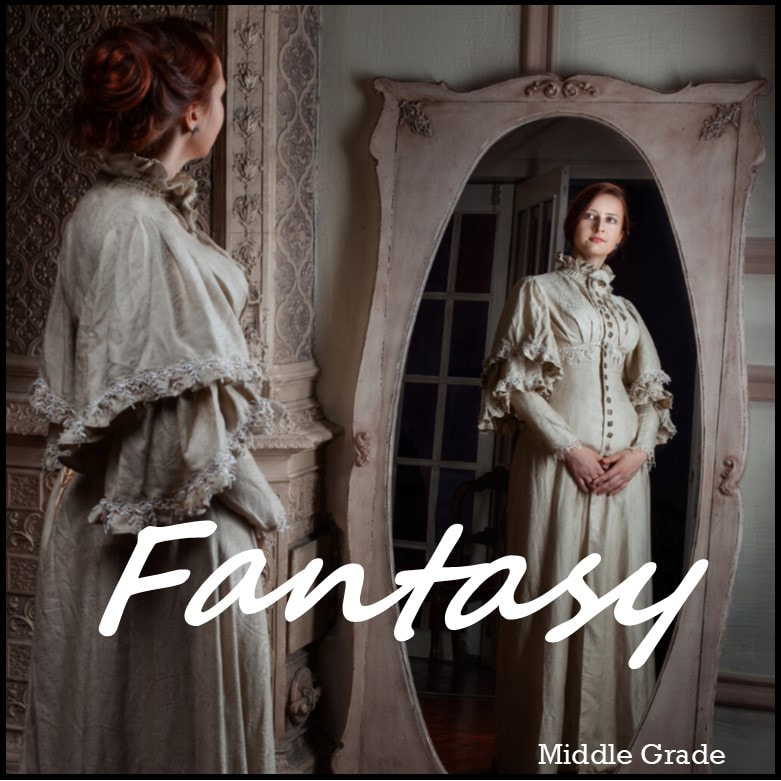In talking with other readers, I find that most have pet peeves. Some are reasonable, while others are reactions rather than preferences.
1) I often hear people saying that they are not against sex in a book, but they are against sexual encounters that go on for pages and pages until the reader starts to feel like a voyeur. Plus, many readers dislike gratuitous sex, especially in books not primarily romance. If the sexual encounter reveals something about the character(s), then it’s considered acceptable.
2) Descriptions seem to be another point of contention. Of course, without descriptions, stories would be bland indeed. However, some feel there can be too much of a good thing. Describing the landscape until the reader loses connection with the heartbeat of the story distresses some. Going into great detail about how a piece of equipment works, for example, when it has no impact on the story or the character, feels like filler to many readers.
With both of these “pet peeves,” it’s necessary to remember that as readers, we influence our reactions to these situations. I am just as guilty as anyone else. There have been books that I started to read and had to put down. I just couldn’t stay with them. However, later, I picked them up, began to read, and found them most enjoyable. What changed? Not the book. My mood was the only variable.
Of course, I enjoy books that make me want to know what happens next, as I imagine most readers do. However, I am not one of those readers who puts the onus on the writer to “grab my attention” in the first sentence or the first paragraph so much so that I won’t be able to put the book down until I’ve read at least 50 pages! Life isn’t like that. Life often develops slowly and so should some stories. So, I don’t expect every book I pick up to have a hook as oft-quoted as in Dickens’ The Tale of Two Cities. Interestingly, only the first phrase is used as an example for writers as a hook. In reality, his first full sentence is quite long.
“It was the best of times, it was the worst of times, it was the age of wisdom, it was the age of foolishness, it was the epoch of belief, it was the epoch of incredulity, it was the season of light, it was the season of darkness, it was the spring of hope, it was the winter of despair, we had everything before us, we had nothing before us, we were all going direct to heaven, we were all going direct the other way–in short, the period was so far like the present period, that some of its noisiest authorities insisted on its being received, for good or for evil, in the superlative degree of comparison only.” ~ A Tale of Two Cities
As readers, we must also acknowledge that our own life experiences will mean that some things an author takes a minute to explain may already be familiar to us, but not to most people. In one of my stories, I spent a short paragraph explaining how the Missing Persons’ database worked, noting that not all data appears in the database, which was relevant to my story. A blog-hop reviewer felt I was being condescending by explaining this because in her words “everyone knows this.” Her comments revealed that she was a former police officer so, of course, she knew it, but others may not.
An author walks a fine line between giving just enough to the reader to step inside the story and allow her imagination to soar and being so anal retentive that the reader feels like they are on the outside looking in.










 RSS Feed
RSS Feed